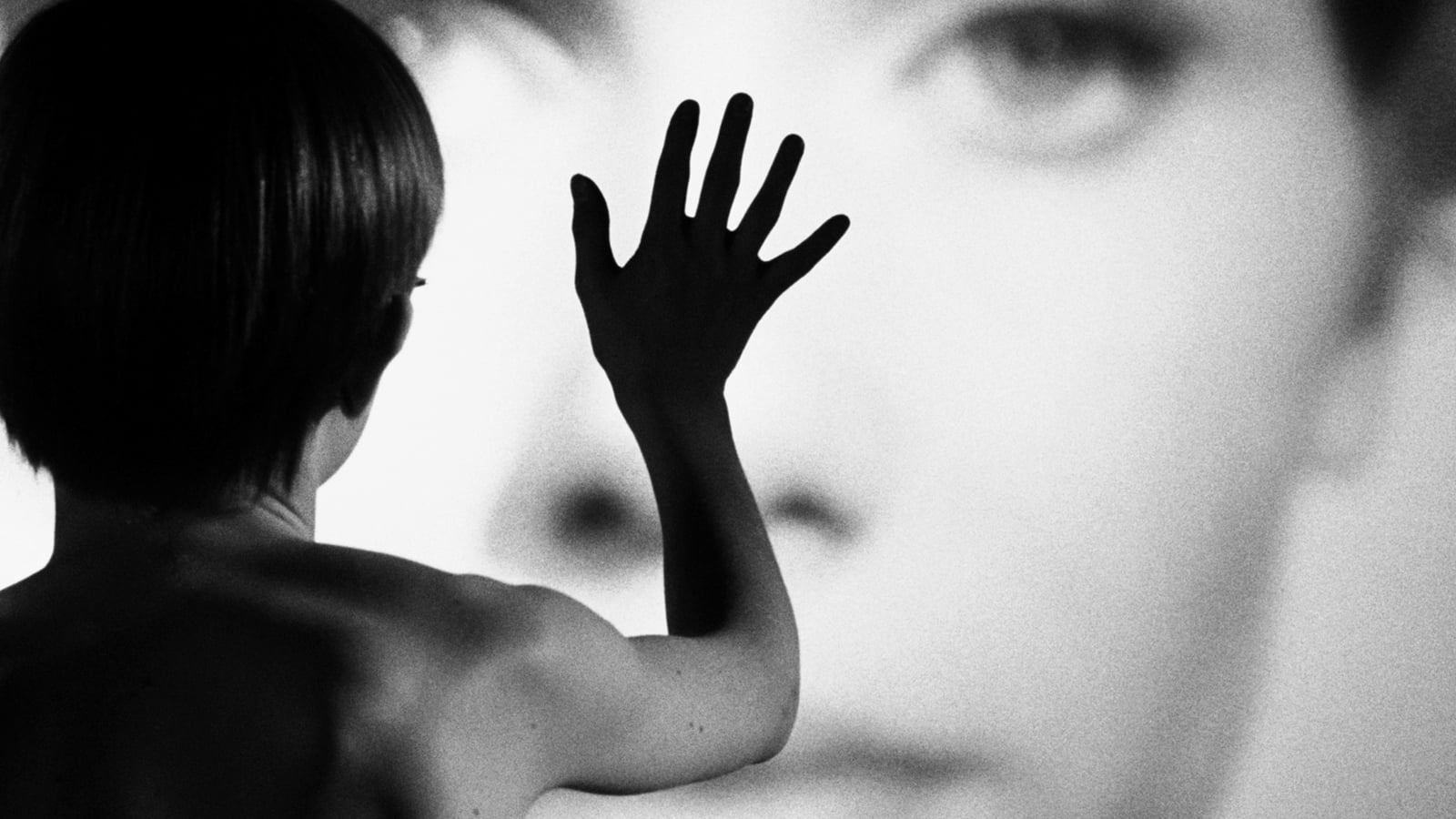-

The Best Films of the 1960s
The greatest films of the 1960s, from the French New Wave to its subversive Spaghetti Westerns.
-

The Color of Pomegranates (1969)
It is not the factual details of Sayat-Nova’s life that The Color of Pomegranates seeks to explore in its hypnotic surrealism, but rather his inner creativity that gave birth to such enchanting music and poetry, and it is through Sergei Parajanov’s elusive imagery that it stands as a mystifying tribute to Armenia’s rich history and…
-
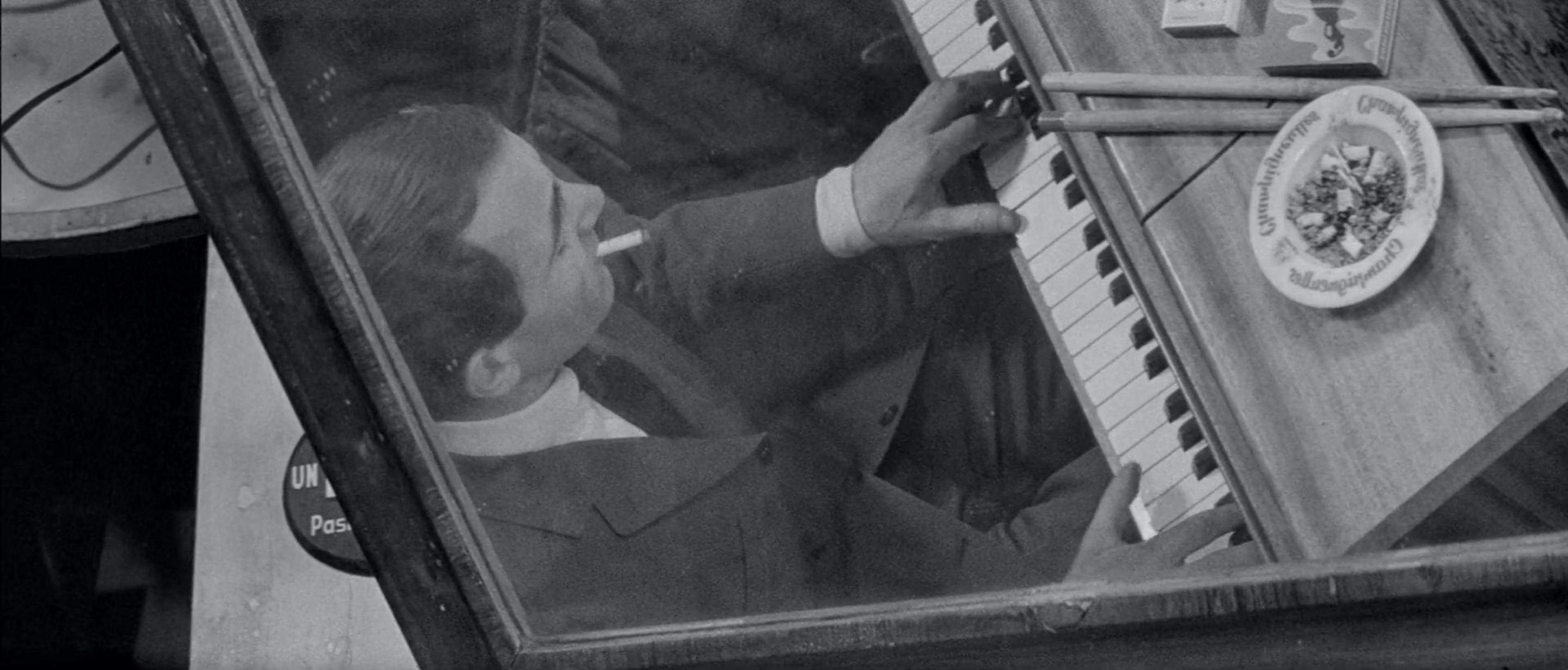
Shoot the Piano Player (1960)
François Truffaut’s graceful camerawork and inspired editing delightfully engage in the jaunty lightness that flows from one mysterious bar pianist’s lithe fingers, though for all his lively formal experimentation, Shoot the Piano Player also seeks to understand the wistful tragedies and romances of a reclusive man hiding behind cheerful musical expressions.
-
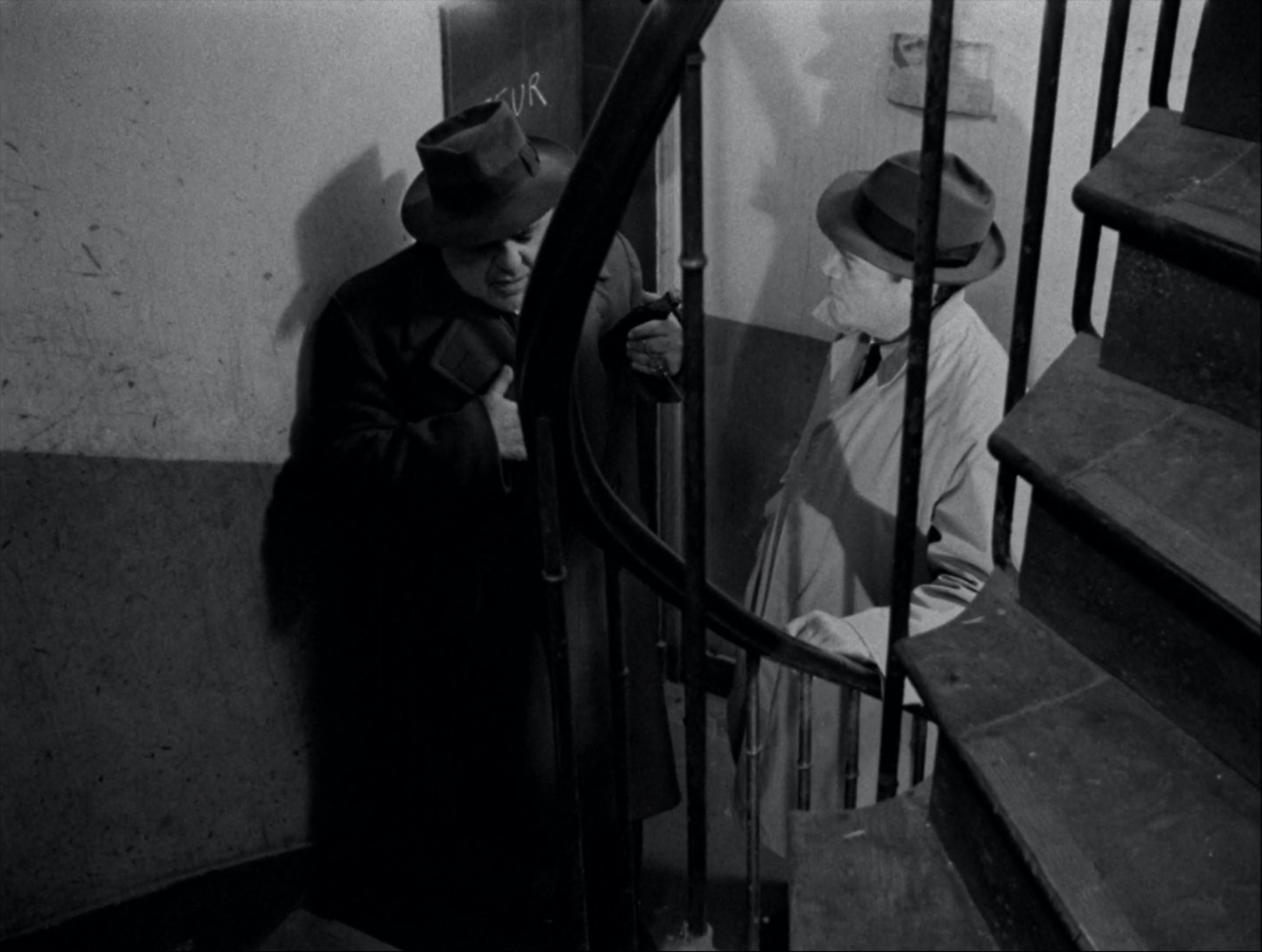
Alphaville (1965)
Futuristic visual designs do not always mesh so well with low-budget location shooting, but for a postmodern master of cinematic form like Jean-Luc Godard, such delightful incongruity only strengthens his deconstruction of film noir and science-fiction genres in Alphaville, which both examines and becomes an act of rebellion against artistic censorship in its very construction.
-
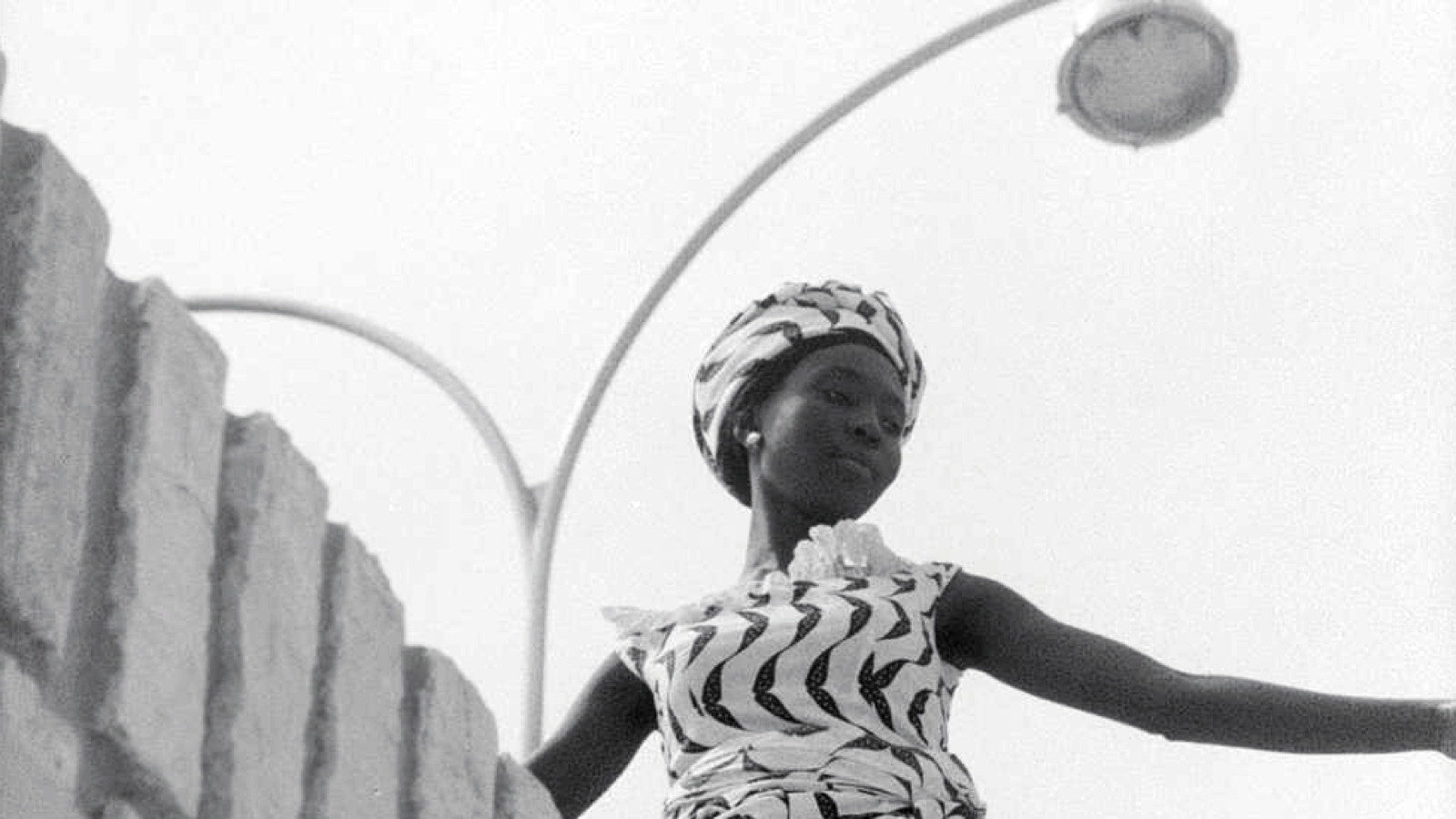
Black Girl (1966)
In its acute examinations of racial oppression, Black Girl stands proudly as a tentpole of both African cinema and Ousmane Sembène’s directorial career, evoking the stylistic sensibilities of the French New Wave while forming a sensitive, post-colonial allegory that leads us through one Senegalese woman’s memoirs into her traumatic experience as a domestic slave.
-
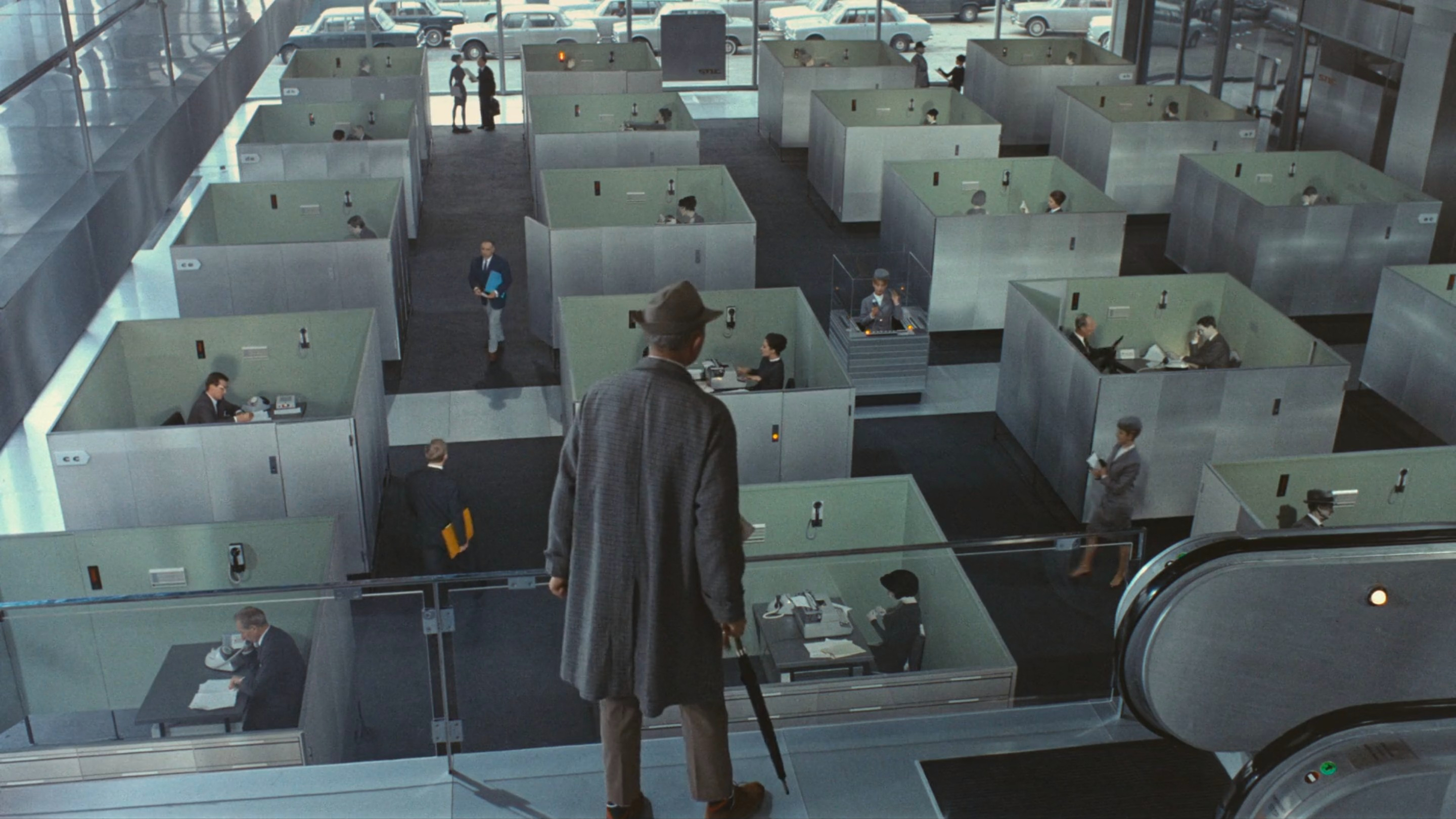
Playtime (1967)
Jacques Tati’s bizarre, elaborate vision of Paris in Playtime is an intricately stacked construction of modernist architecture and comedic set pieces, sending up the soulless conformity of commercial society with a cinematic vision as monumentally ambitious as it is methodically delicate.
-
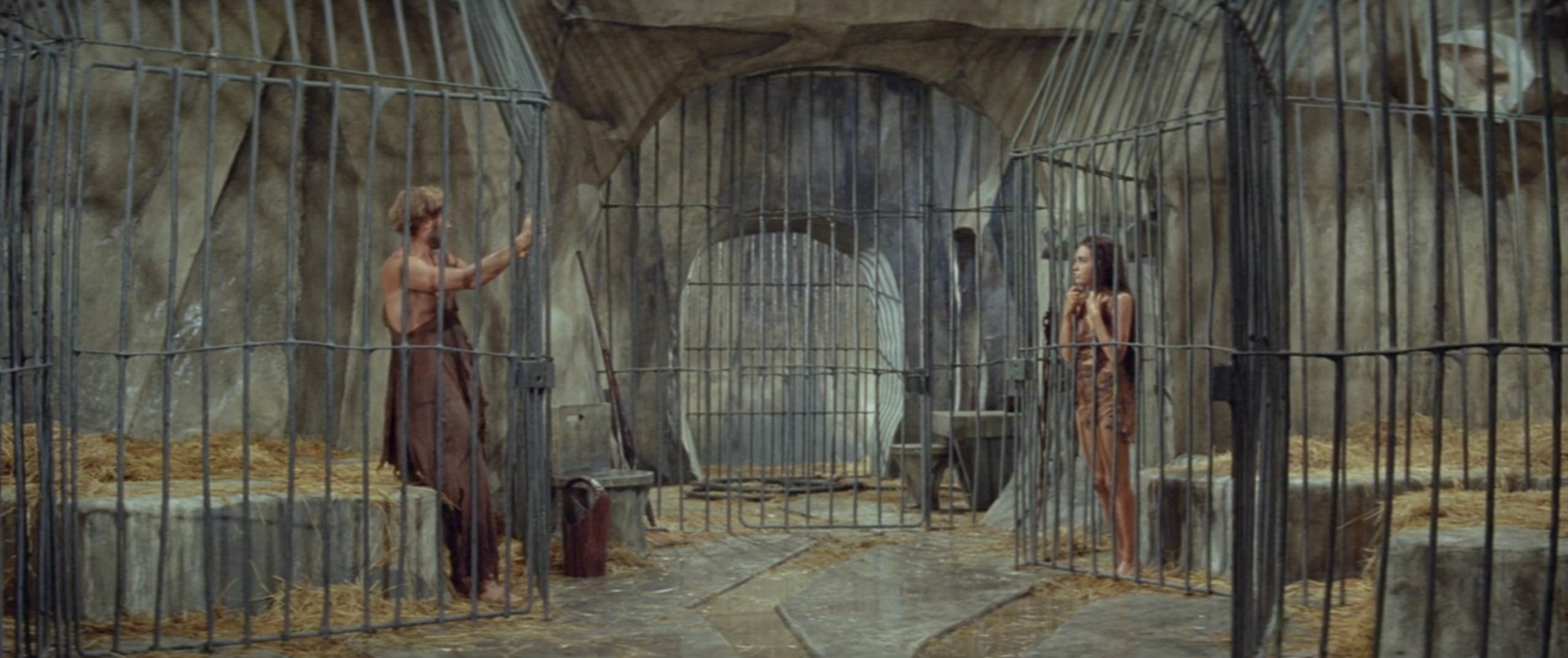
Planet of the Apes (1968)
In drawing a series of parallels between humans and their primate cousins in Planet of the Apes, Franklin J. Schaffner exposes both our inherently primitive psychology and our unique propensity for self-destruction, though not without framing his anthropological questions within a richly constructed world of great mysteries and thrills.

